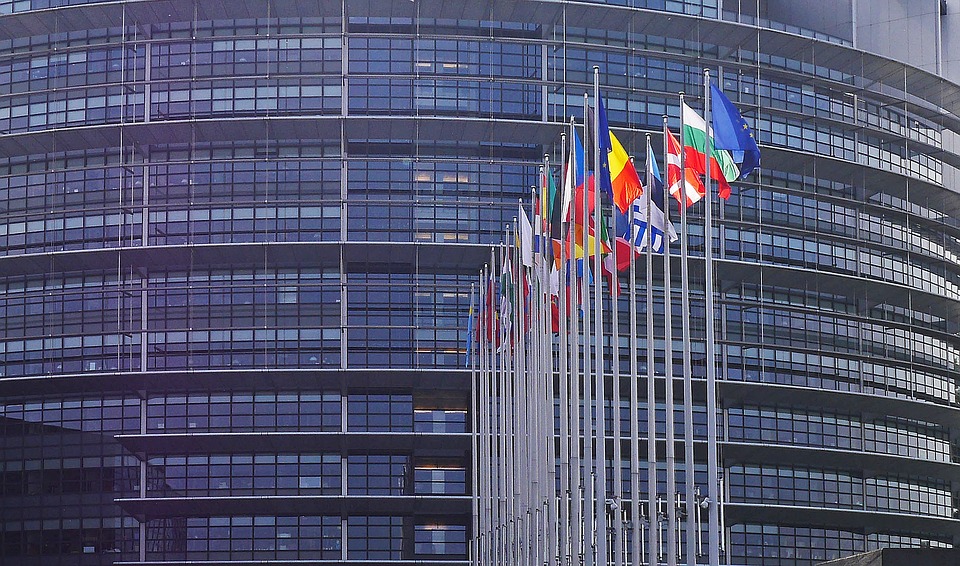„The EU Electricity Market Design Reform (EMD) is a response to the energy crisis and the soaring gas and electricity prices. This solution is good for Poland, so we need to hurry,” says Ryszard Pawlik, advisor to MEP Jerzy Buzek in an interview with BiznesAlert.pl.
BiznesAlert.pl: What does the Electricity Market Design reform change for Poland?
Ryszard Pawlik: This is primarily the European Union’s response to the energy crisis exacerbated by the barbaric, full-scale Russian war in Ukraine and the raging gas and electricity prices. The European Commission set three main objectives of the reform back in March. Firstly, help for end-users and better protection for them from further price hikes of fossil fuels (natural gas, oil, as well as coal) and from potential market manipulation.
Secondly, a radical increase in the use of renewable energy sources (RES), which are intended to increasingly replace, among others, natural gas.
Third, support for the transformation of EU industry and small and medium-sized enterprises. All these three issues are also crucial for Poland, the competitiveness of its economy, development and growth; for the jobs for the Polish people, the quality of the air they breathe on a daily basis and their energy bills. In this context, it is interesting, for example, to propose that consumers should be able to sell surplus electricity produced from photovoltaic panels on the roofs of their homes to their neighbors, and not just to energy suppliers.
At the same time, for Poland, perhaps the most important issue is to obtain an extension for the existing derogation from the ban on support from capacity markets – notified to the Commission – for coal-fired power plants that do not meet the strict emission limit of 550 g CO2/kWh.
What is the importance of the derogation?
It is quite crucial. Without it, older coal units in Poland as of the second half of 2025 will no longer be able to function in the capacity market. And without this financial injection and with ever-increasing CO2 emission allowances in the EU ETS or rising prices for Polish coal, these power plants will simply be permanently unprofitable. So it will be necessary to turn them off, and if we do not replace them with something else, for example, renewables or gas, we will face a significant capacity deficit in the system and a serious threat to our energy security.
That is why, when the idea of the mentioned emissions limit appeared in the „Clean Energy for all Europeans” Package in the previous term of the European Parliament, from the very beginning we sought a special exemption from it for Poland. I remember well those extremely difficult and long negotiations, because on behalf of the EP they were chaired by Jerzy Buzek, as head of the Committee on Industry, Research and Energy (ITRE). At that time, we were successful, and the government argued that the postponement would allow us to make the necessary investments in new, cleaner sources and clearly reduce the emissions of our energy sector. Today, we know that, because of the energy crisis, this has not succeeded and we need a little more time. Hence the efforts – also in the European Parliament-to extend the derogation for older coal-fuelled power plants until the end of 2028.
What will be the impact of the agreement between France and Germany on Poland’s nuclear project and do we have a place at the table there?
The tensions between Paris and Berlin during the negotiations on the EMD reform concerned the inclusion of support in the form of the so-called bilateral contracts for difference for existing nuclear power plants. In this sense, it does not concern us at all, because we do not have any such unit. And it is the fault of neither Germany nor France that even though successive governments, for at least 15 years, have been talking about this project and have already spent hundreds of millions of zlotys on it, we still do not even know from what and how we want to finance it all.
When will the works on the EMD reform end?
The ambition of the Spanish presidency is to reach an agreement with the EP by the end of the year. However, if this fails for some reason, the work will be completed by the Belgian presidency in the first weeks of 2024. The aim is for MEPs to approve the reform in time for a plenary vote before the European Parliament elections on 6-9 June. There’s not much time, but we should make it.
Interview by Wojciech Jakóbik









